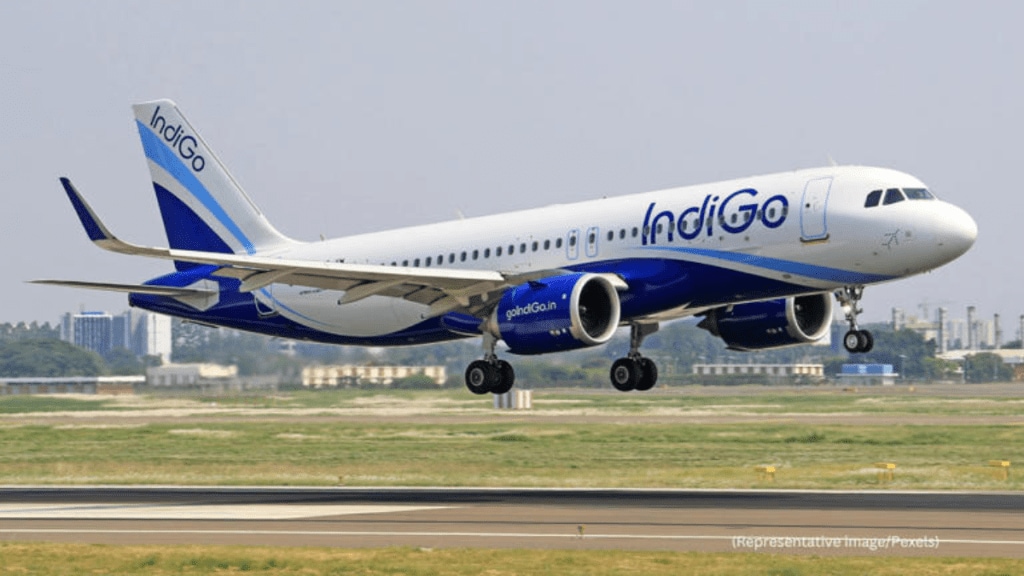InterGlobe Aviation (IndiGo) posted a consolidated net loss of Rs 2,582 crore for the second quarter of FY26 — an increase of more than two-and-a-half times from Rs 987 crore in the year-ago period — hit by higher forex losses and expenses. The net loss surpassed Bloomberg’s estimate of Rs 1,432 crore.
Excluding the impact of foreign exchange movement, IndiGo reported a net profit of Rs 104 crore compared to a net loss of Rs 754 crore last year. Its revenue from operations increased over 9% year-on-year (y-o-y) to Rs 18,555 crore, surpassing Bloomberg’s estimate of Rs 18,266 crore.
For the quarter, passenger ticket revenues stood at Rs 15,967 crore, an increase of 11%, while ancillary revenues rose 14% to Rs 2,141 crore. Total expenses in the second quarter jumped 18% y-o-y to Rs 22,081 crore. Chief Executive Officer Pieter Elbers said the carrier delivered 10% revenue growth and an operational profit excluding forex impact.
“The year began with several challenges, particularly the runway closure in Delhi, which impacted our schedules and network performance,” Elbers said in a post-results conference call. “However, we started to see a gradual recovery from July, and by mid-September, with the runway reopening, operations were back on track. Overall, we are satisfied with the recovery momentum,” he added.
Looking ahead, the country’s largest airline has scaled up its operational plans for the second half of Fy26 to meet demand and continue driving growth. “With that, we have nudged up our capacity guidance for the full financial year to early teens growth,” Elbers said.
Operationally, passenger yields, or the average fare earned per kilometre, improved to Rs 4.69, up 3.2% from the year-ago period, while RASK (revenue per available seat kilometre) rose 2.3% to Rs 4.55. Fuel costs fell 10% to Rs 5,962 crore, but other operating costs including maintenance, airport charges, and staff expenses surged 34% to Rs 16,119 crore.
As a result, IndiGo’s CASK (cost per available seat kilometre) climbed 10% to Rs 5.16, reflecting overall cost inflation. The CASK excluding fuel rose even more sharply by 25% to Rs 3.71, indicating pressure on margins despite lower jet fuel prices.
